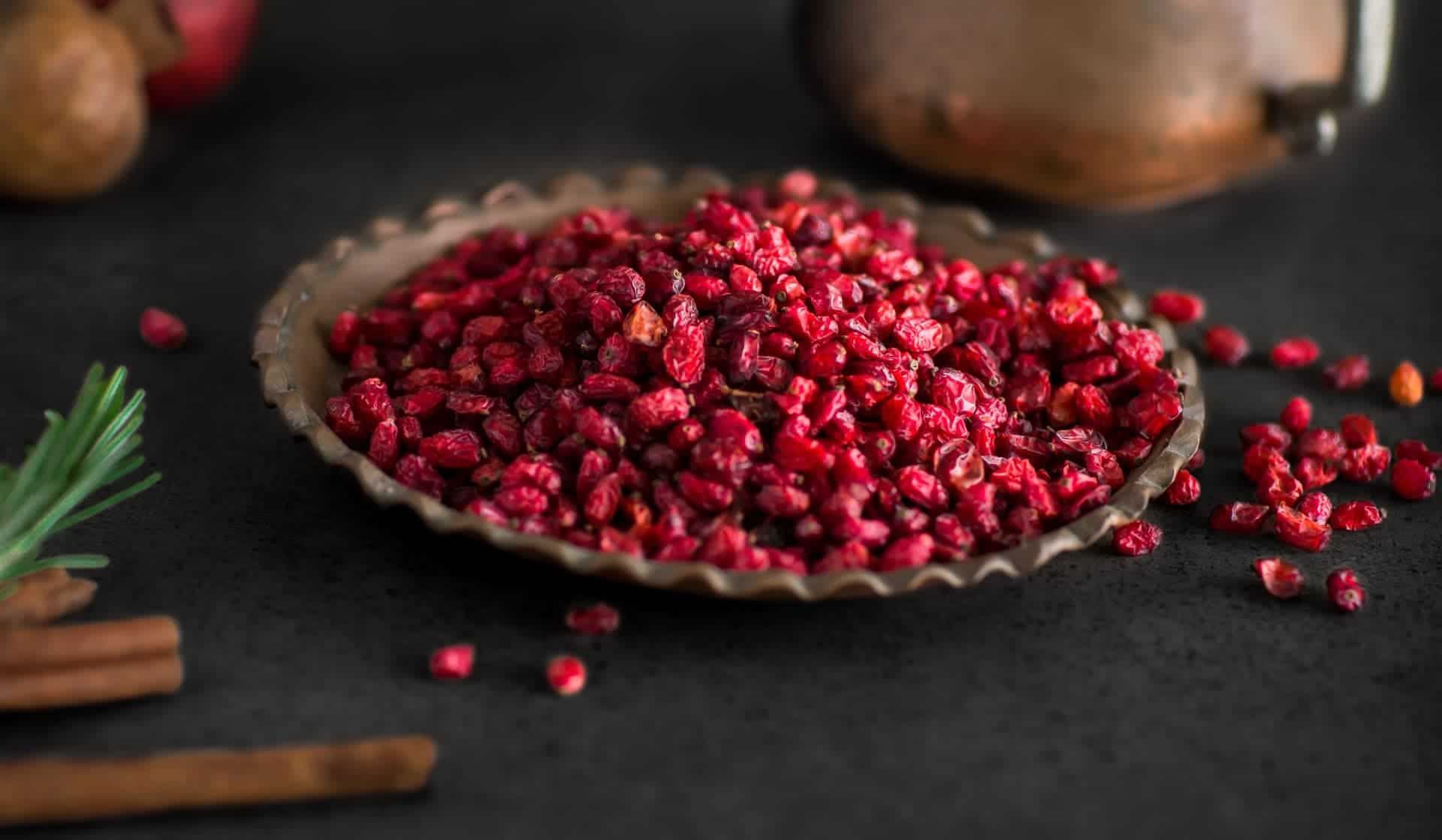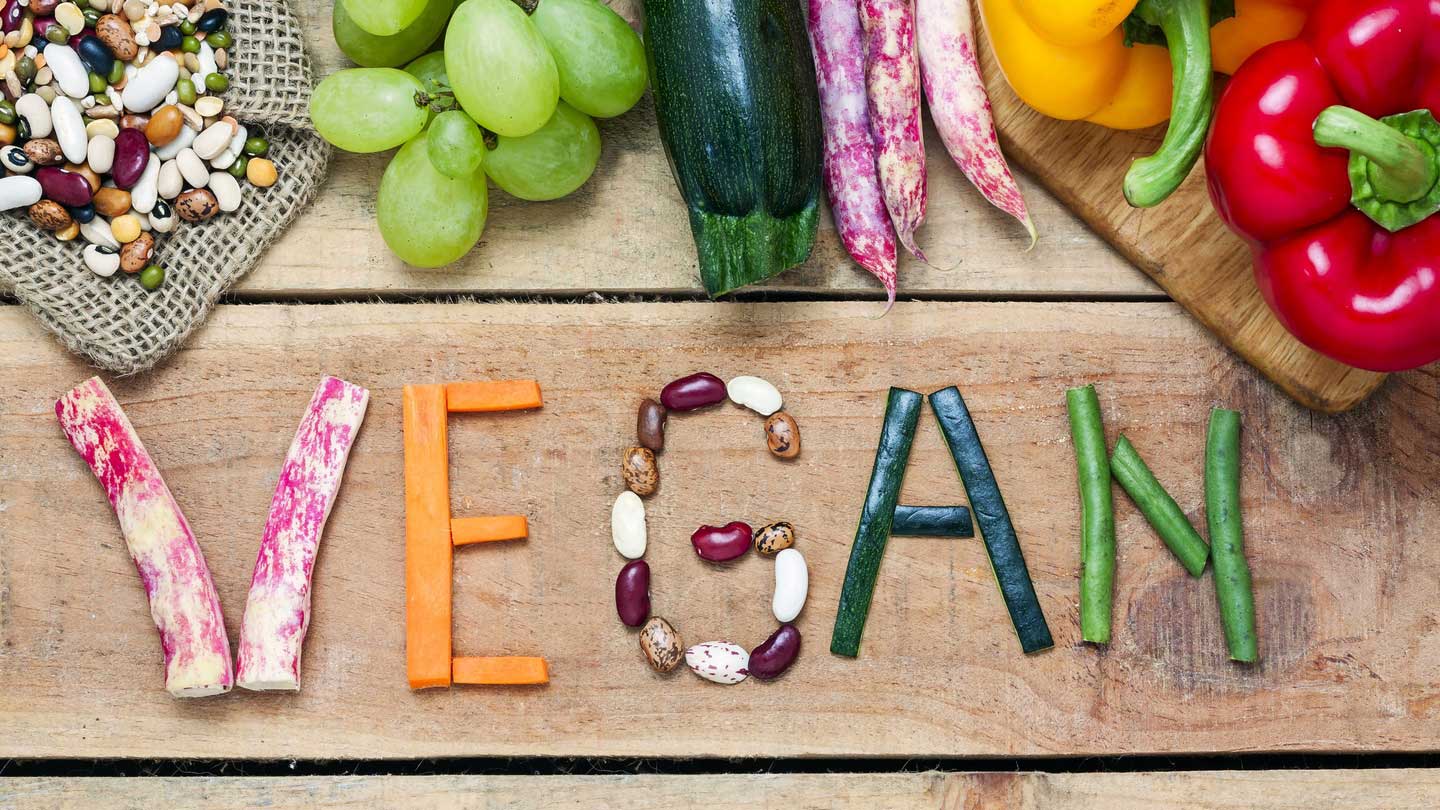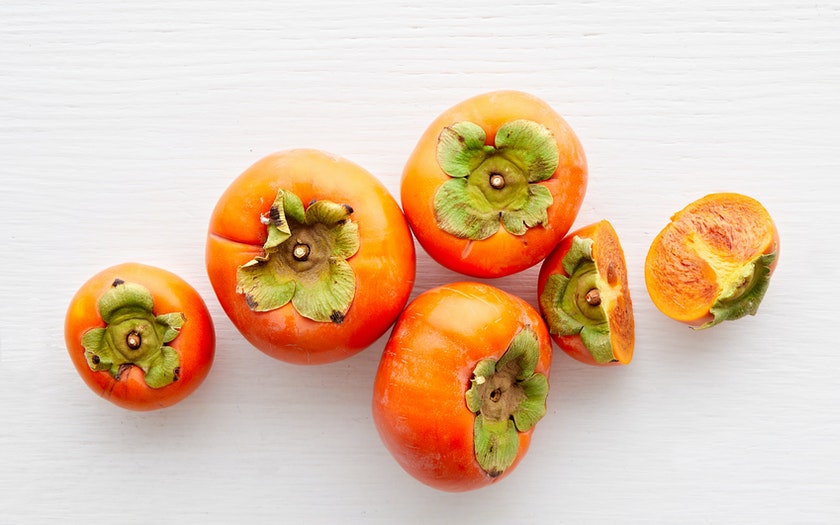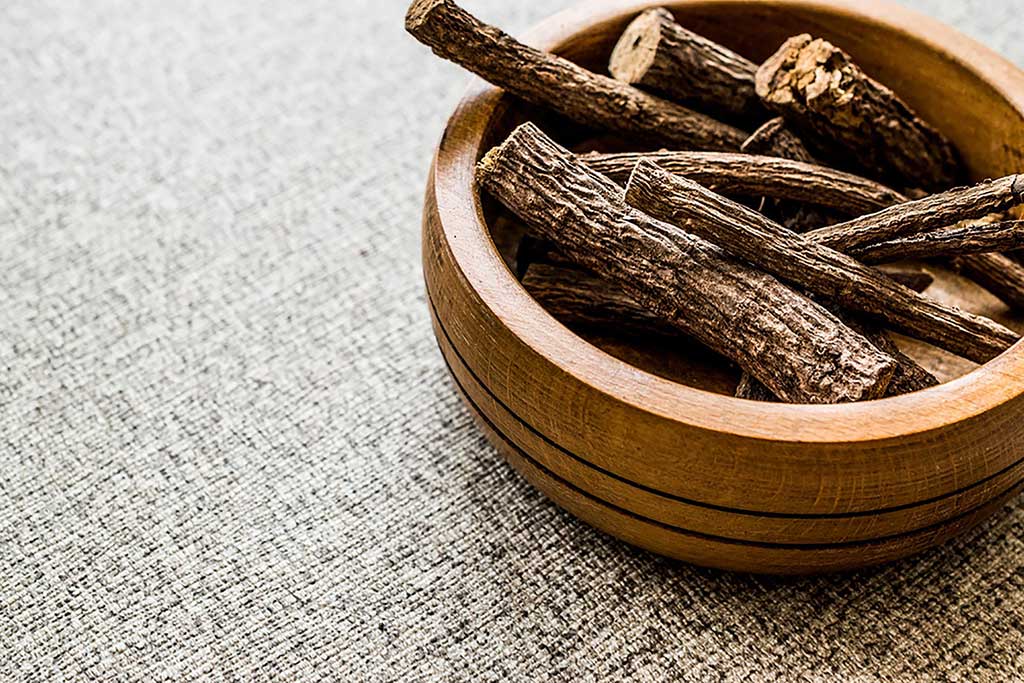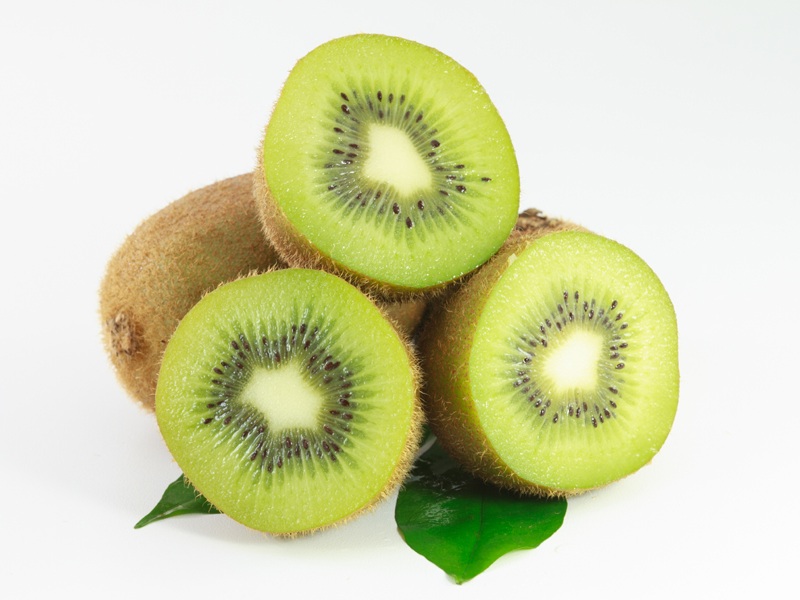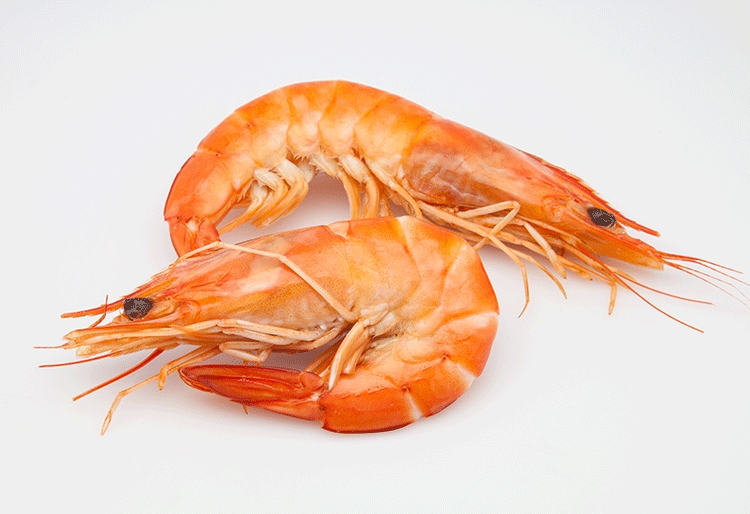What are the side effects of consuming pistachios?
Pistachios are one of the most delicious nuts and an integral part of nuts with many health benefits. Pistachio has been one of the most popular foods since about 7000 BC, and today, it is prepared roasted, raw, fresh, sliced, pistachio butter, etc., and in chocolates, ice cream, sweets, desserts, pilafs. , Stews, etc., are used. You are probably all aware of the unique properties of pistachios. Still, you may be interested to know that this delicious kernel is harmful to some people and has many side effects.

Side effects of pistachios:
Nature of pistachio:
According to traditional medicine, pistachio kernels are hot and dry and not suitable for hot-tempered people. These people can consume pistachios with vinegar, sour pomegranate, or sour apricot leaves to relieve heat and dryness.
Weight Gain
Regular and moderate consumption of this delicious brain is beneficial for weight management because it keeps us full longer, and our desire to eat again decreases, so obesity is controlled. However, it would help if you kept in mind that pistachios have many calories, and 100 grams of pistachios can provide about 562 calories, which is even more than a quarter of the calories our body needs.

blood pressure
This delicious kernel usually does not contain large amounts of sodium, and the amount of sodium in natural pistachios is approximately 0 to 2 mg per ounce. However, roasted pistachios are high in sodium (about 121 mg of sodium per ounce) because they combine with salt (the primary sodium source).
This sodium level is not wrong. Our body needs about 1500 mg to 2400 mg of sodium per day because it plays a vital role in maintaining the body’s electrolyte balance and transmit nerve impulses to the muscles. Contractions also affect blood pressure.
However, high sodium intake is dangerous because it raises blood pressure and increases cardiovascular disease risk.
It causes some digestive problems.
The dietary fiber in pistachios makes it very useful for our stomach because it plays a vital role in maintaining proper bowel movement and avoiding constipation, thus keeping our digestive system healthy.
People who are allergic to fructan should avoid this seed because it can cause digestive problems such as bloating, diarrhea, constipation, and abdominal pain. Depending on the consumption of pistachios, these allergic reactions can be mild or severe.
May cause allergic reactions to the brain
People who are allergic to nuts (such as almonds, walnuts, peanuts, hazelnuts, etc.) should avoid eating these nuts.
Some common symptoms of brain allergies include red spots on the skin, abdominal pain, diarrhea, nausea, constipation, vomiting, difficulty swallowing, itchy mouth, throat, eyes, skin, and other body areas, difficulty breathing, nasal congestion, etc.
In some cases, allergies to nuts can be fatal and cause anaphylactic shock, a life-threatening allergic reaction that can cause difficulty breathing, low blood pressure, anesthesia, lacking heart rate, etc., and sometimes even May cause death.

Inadequate for the kidneys
It should be noted that too much potassium is harmful to our kidneys. People with kidney disease should avoid consuming too much potassium in their diet because their kidneys are not very effective in removing excess potassium from the body.
Excess potassium is not only harmful to the kidneys but can also cause nausea, weakness, slow pulse, irregular heartbeat, heart failure, dehydration, type 1 diabetes, Addison’s disease, and internal bleeding.
May increase the risk of kidney stones.
Moderate consumption of pistachios is beneficial not only for kidney disease but also for healthy people who want to save themselves from the risk of kidney stones because these seeds contain moderate amounts of oxalate (about 10 to 25 mg per ounce) and methionine. (Which is converted to cysteine, an amino acid), and their high consumption may increase the risk of calcium oxalate stones.
May cause allergy to aflatoxins
Prolonged consumption of aflatoxin-contaminated pistachios can increase the risk of cancer in organisms and has also been shown to be associated with the risk of hepatitis B and liver cancer. The fungi responsible for aflatoxins are not easily visible to the naked eye but can be detected by ultraviolet UV light.
Risk of infection with Salmonella
Another bacterium that can infect pistachios and make them harmful to humans is Salmonella. Consumption of pistachios infected with Salmonella bacteria can cause diarrhea and be fatal for infants, the elderly, and those who are not immune enough.
Roasted pistachios have been shown to kill Salmonella bacteria, but only if roasted.
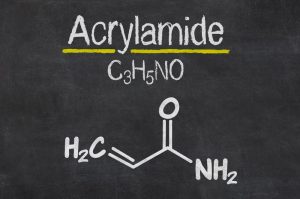
Increased risk of acrylamide
Roasting pistachios effectively minimizes the risk of aflatoxins and Salmonella bacteria but may lead to acrylamide formation. Acrylamide is a potential carcinogen that may increase cancer risk in humans, but so far, there is insufficient evidence for a link between roasted pistachio consumption and cancer.
High risk of manganese
Pistachio is a good source of manganese, an essential nutrient that plays a crucial role in forming joint tissues, calcium absorption, regulation of blood sugar levels, metabolism of fats and carbohydrates, and the thyroid gland’s proper function, etc. Manganese levels are harmful to our health because they can lead to headaches, tremors, loss of appetite, leg cramps, hallucinations, and neurological disorders.
Considering the health risks associated with high manganese intake, we need to consume moderate amounts of pistachios. Also, people who have Parkinson’s, polycythemia, and chronic liver disease should avoid eating foods rich in manganese.
Harms of high fiber for the stomach
The dietary fiber in pistachios is good for our stomachs and helps with gastrointestinal health. Still, too much dietary fiber is insufficient for our stomachs and can cause diarrhea, abdominal pain and cramps, malabsorption, intestinal pain, and irritable bowel syndrome.
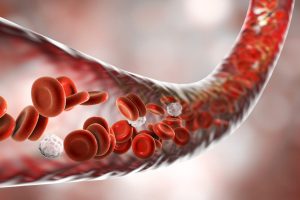
Causes blood contamination
Excessive consumption of pistachios increases the amount of nitrogen in the blood and body and causes blood pollution.
Who should not eat pistachios at all?
- Consumption of pistachios is harmful to hot-tempered people because the nature of pistachios is hot and dry.
- Consumption of this seed due to its warm nature increases the risk of urticaria and skin rashes.
- People with liver failure are harmful.
- People who have allergies
- Pistachio consumption is harmful to those who have a weak stomach due to high fat and difficult digestion.
- People with high triglycerides
- People with diabetes, gout, and kidney problems should also avoid pistachios.
Is it safe to eat pistachios during pregnancy?
Yes
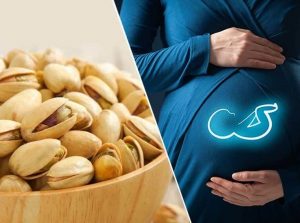
Permitted consumption of pistachios during pregnancy
Consumption of salted and roasted pistachios is not suitable for pregnant women, but they can consume 10-20 raw pistachios daily. Excessive consumption leads to maternal obesity and may cause heartburn, diarrhea, or bloating in pregnant women. It is not recommended for pregnant women who are allergic to nuts because it negatively affects their fetus.
Is it safe to eat pistachios while breastfeeding?
Yes
Should we eat raw or roasted pistachios?
Daily consumption of roasted pistachios with salt increases the risk of high blood pressure. Half a cup of salted pistachios results in 263 to 526 mg of sodium and raises blood pressure, so it is best to eat raw pistachios.
Also Read:
What foods should you avoid to improve your thyroid?

